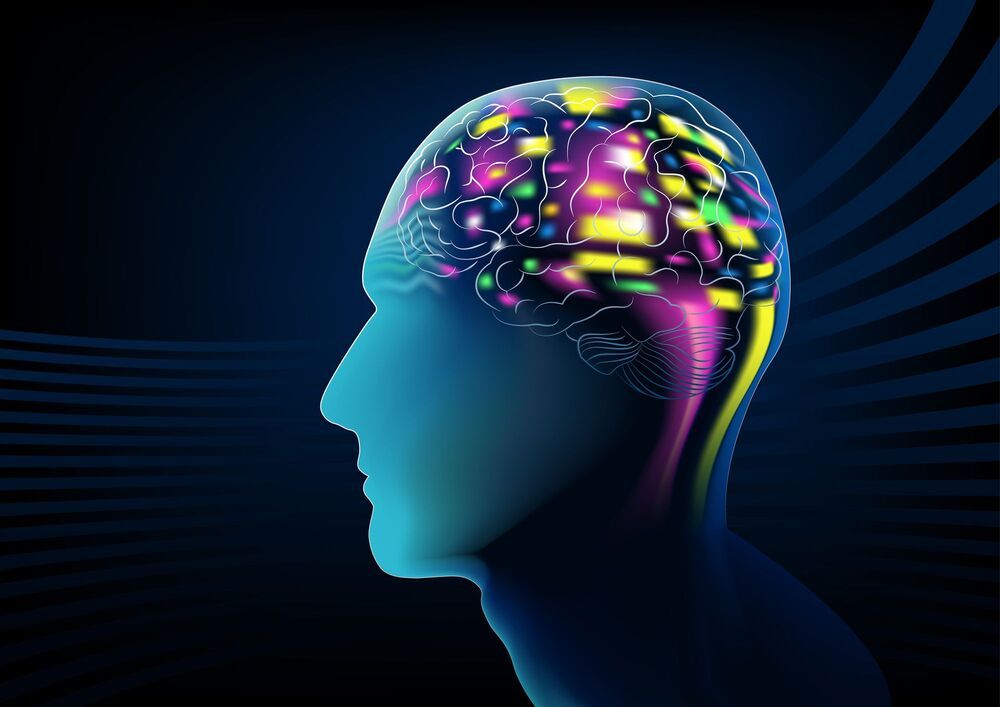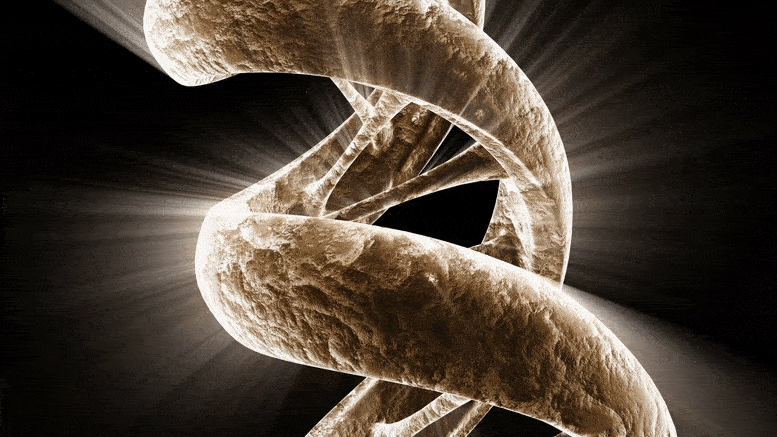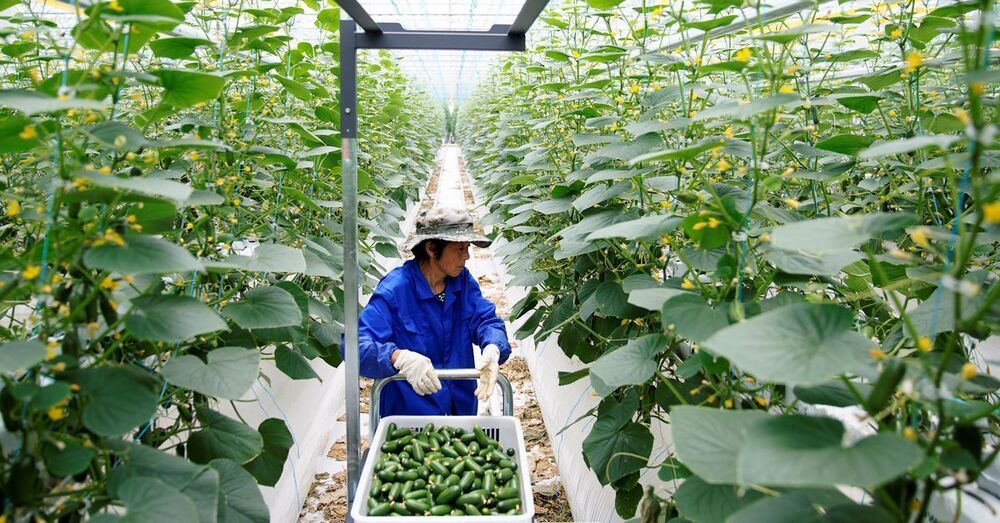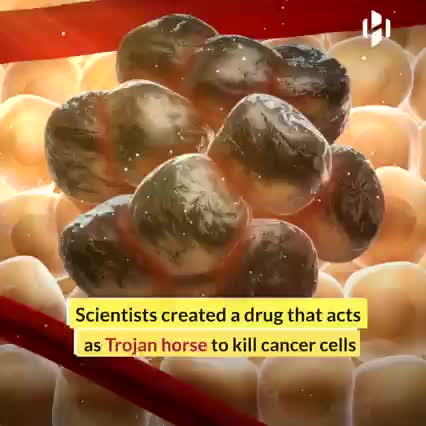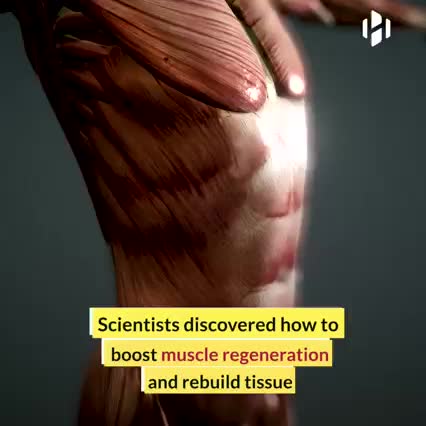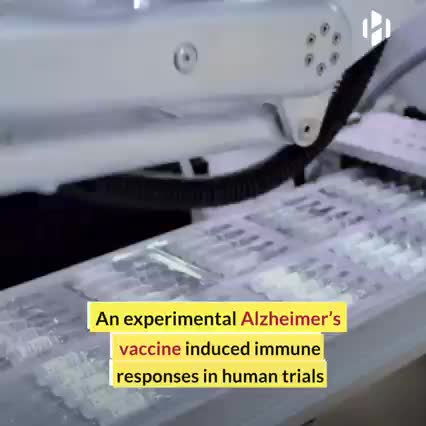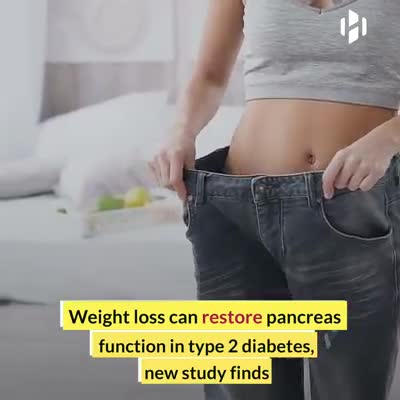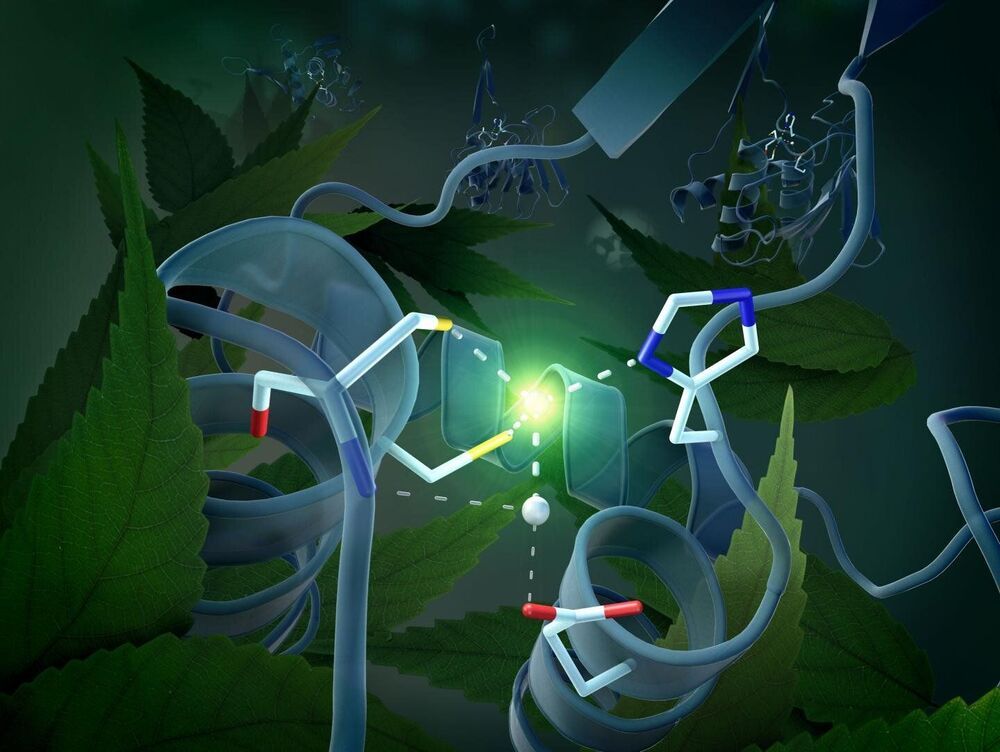Researchers from the New York University School of Medicine have developed a brain implant designed to detect pain sensations in real-time and deliver bursts of pain-relieving stimulation. The device is still deeply experimental but a new proof of concept study demonstrates it working effectively in rodent models.
In the world of brain implants the chasm between science fiction and reality is still quite vast. Apart from some exciting human tests showing paralyzed individuals with implants regaining a sense of touch or controlling computers with their mind, most research in the field is still nascent.
Animal tests have demonstrated incremental technological advances, such as pigs broadcasting neural activity or monkeys playing Pong. Now, an interface that can detect pain signals in one part of the brain and immediately respond with stimulation to another part of the brain targeted to relieve that pain has been developed.
